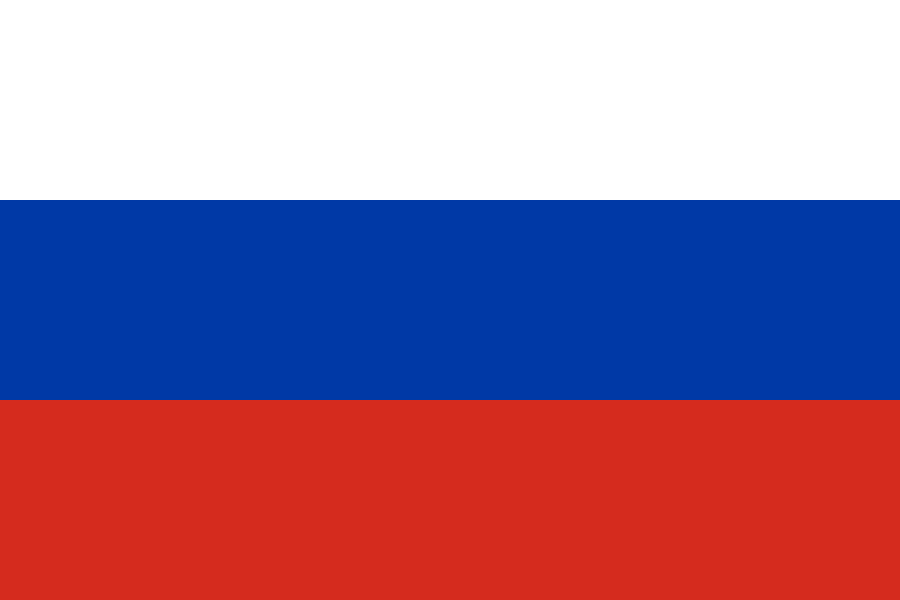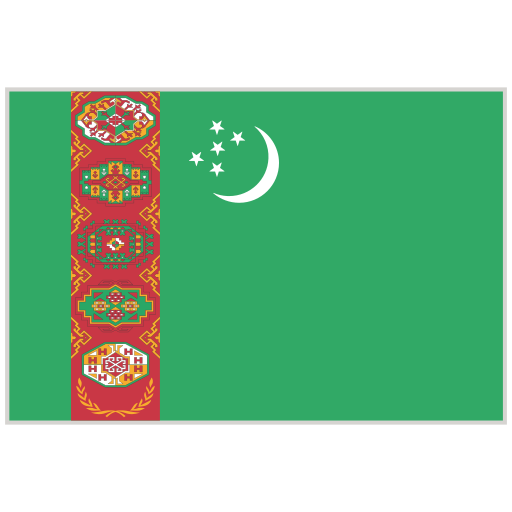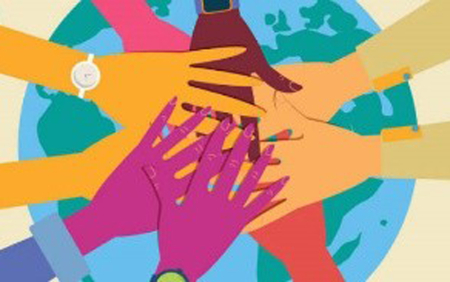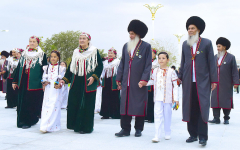In the modern era, diplomacy, positive international cooperation and intercultural relations are a guarantee of peace and stability in territorial, economic and cultural terms. Dialogue is the basis of diplomacy, and the main language of dialogue is language.
The concept of learning foreign languages includes not only the study of grammar and vocabulary of the language, but also the study of the history, culture and customs of the country where this language is spoken. This has a great influence on the development and strengthening of intercultural relations.
The practice of student exchange between universities of the world is carried out mainly in the field of foreign languages and diplomacy. This is a vivid example of international negotiations aimed at improving the quality of education in almost all countries of the world.
Due to the wise and far-sighted leadership of the Arkadagly Hero Serdar, children are taught Russian, English, Japanese, German, French, Chinese and other foreign languages, as well as the geographical features, culture and customs of these countries from an early age in schools. In the country’s higher educational institutions have been created all the conditions for studying foreign languages as a specialty.
The policy of neutrality and "open doors" of the country as a guarantee of stable diplomacy and peace, reliable friendly and intercultural relations in the political, economic, educational and cultural spheres, give greater confidence in the development of dialogue in different languages.
Leyla AMANOVA,
leading specialist in digital system of the
General department of the Lebap velayat Council of the
Youth organization of Turkmenistan named after Magtymguly.














